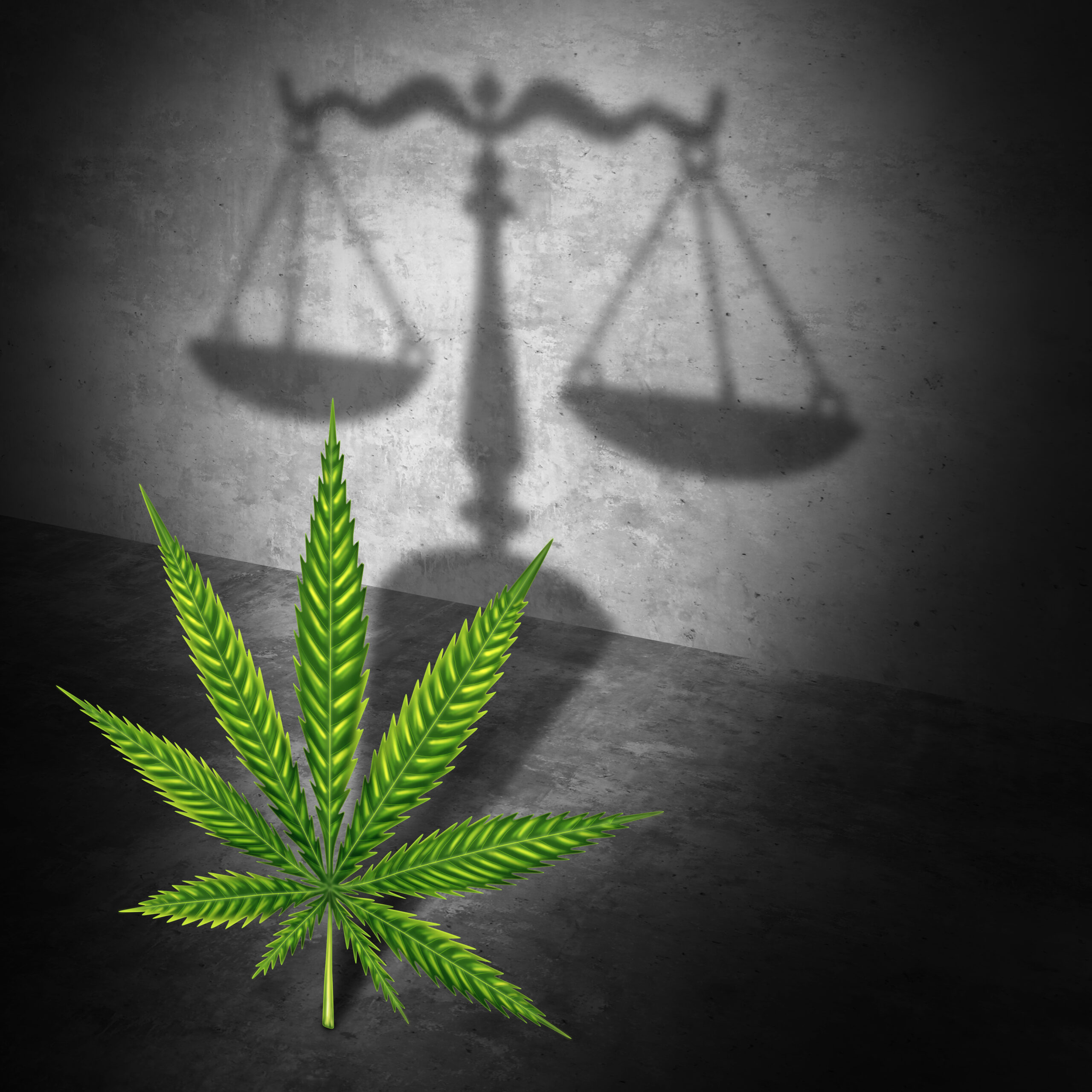
Did The DEA Seed Letter Abolish The ‘Source Rule’?
In a nutshell, the Source Rule is a method used to assess the legality of a cannabis material based on where the material comes from.

In a nutshell, the Source Rule is a method used to assess the legality of a cannabis material based on where the material comes from.

Warning letters are a valuable tool for any CBD company because they reveal the types of statements that make the FDA tick and can help them adjust their marketing practices to reduce the risk of enforcement actions.

This Pro Bono Week, get inspired to give back with PLI’s Pursuing Justice: The Pro Bono Files, a one-of-a-kind podcast hosted by Alicia Aiken.

Regulatory changes might be on their way for the hemp industry.

The following summary addresses the most significant provisions of the Act and how they would impact hemp stakeholders if enacted.

How the Dormant Commerce Clause is impacting the manufacture, sale, and marketing of hemp-derived products.
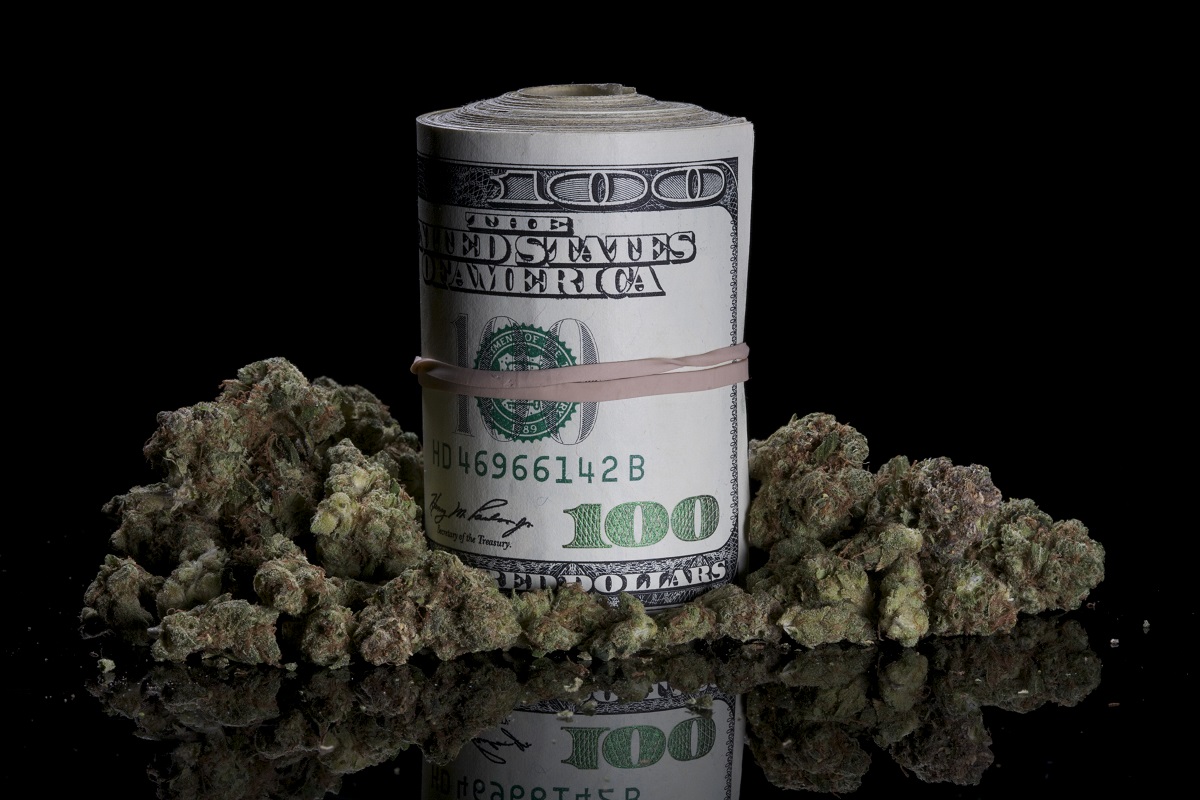
By leading these outreach efforts with its cannabis tax guidelines, the IRS conveys a desire to reduce tax uncertainties that have plagued the industry.

Those who’ve adopted legal-specific systems are seeing big benefits.
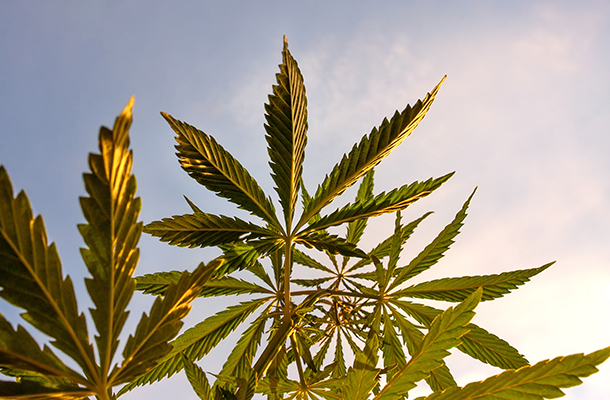
Cannabis companies should understand that selling goods on a website that is not broadly accessible is an invitation to be sued.

Even IF the DEA deemed that Delta-8 THC is legal, it wouldn't give carte blanche to manufacture Delta-8 THC in states where the substance is expressly banned or legalize it under the Food, Drug and Cosmetic Act.

By 2022, U.S. companies are expected to spend up to $15 billion on influencer marketing.

It's easy to get lost in the weeds.

Discover how LexisNexis Protégé™ transforms legal drafting into a strategic collaboration between lawyers and AI—enhancing quality, speed, and defensibility.
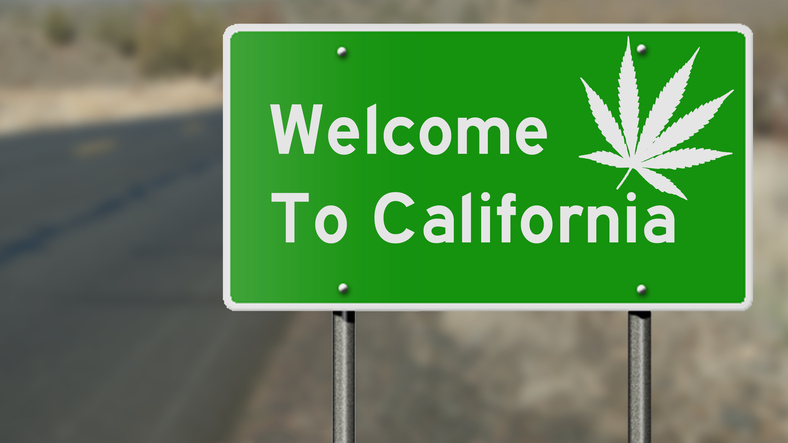
If signed by Gov. Gavin Newsom, this law would change California’s love-hate relationship with finished hemp-derived products.

Many social media companies have yet to publish formal guidance on this issue and are choosing to arbitrarily censor CBD.

The new limit reflects the need for a more nuanced approach.

The federal descheduling of marijuana would allow companies to take tax deductions, have access to banking services, and list on the U.S. stock market.
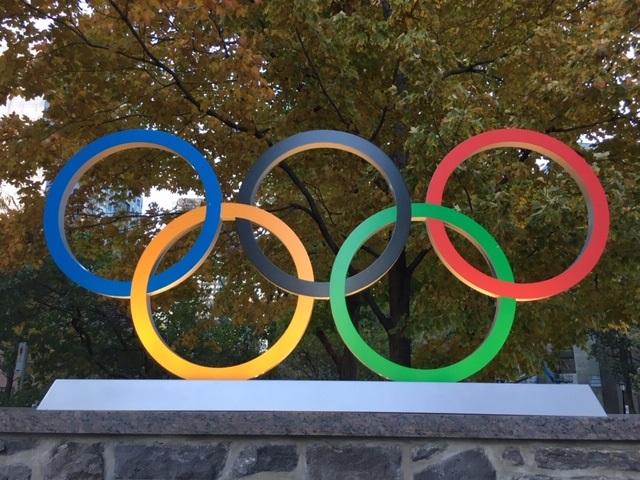
Since 1971, the United States has spent -- wasted -- $3 trillion enforcing its antiquated, racist drug policy.